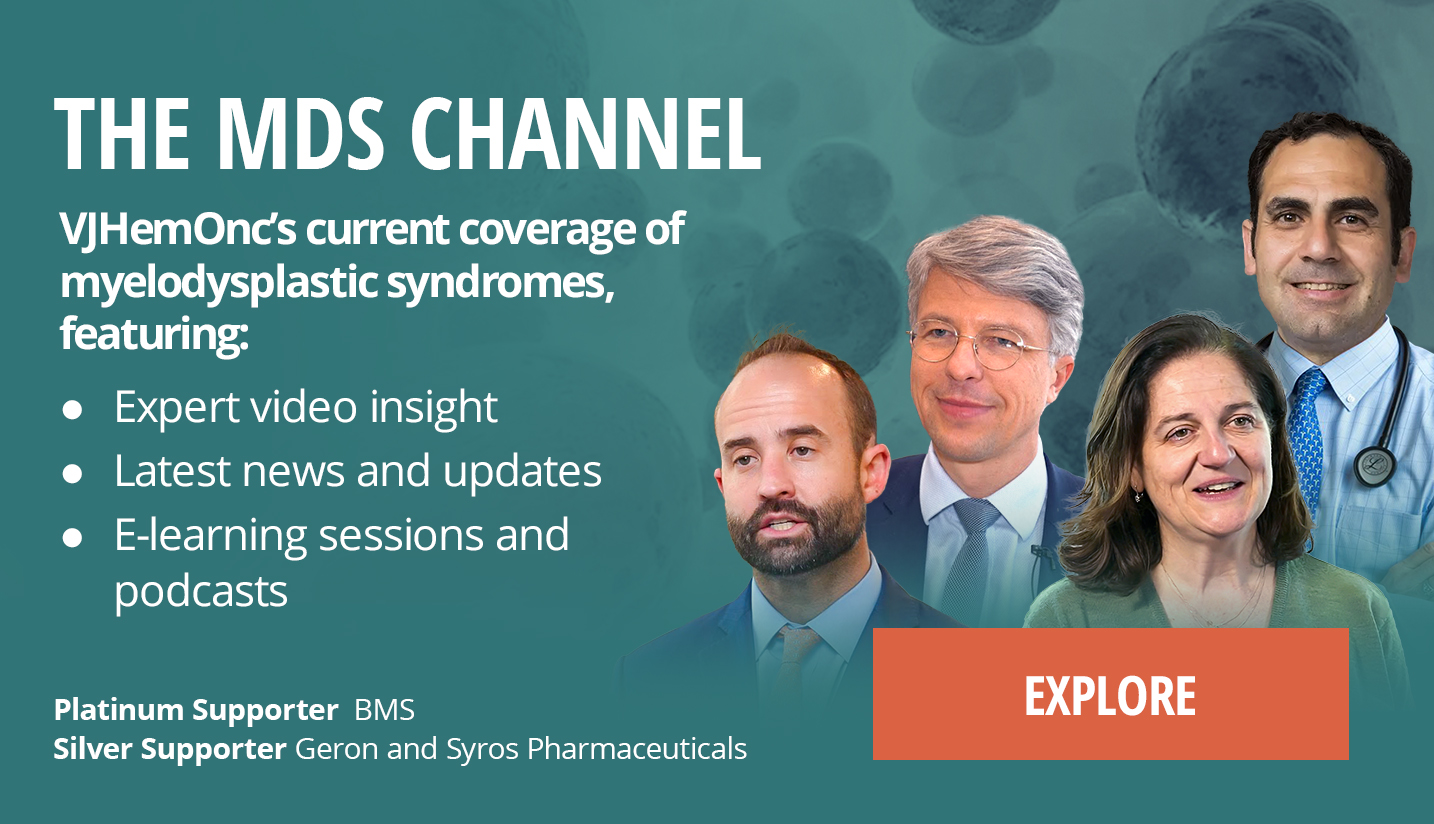You know, P53 mutant patients is really the most controversial group right now for should they go or should they not go to transplant. I do think there’s convincing data that really the only long-term survival is seen in the setting of transplant, but clearly this group has really the highest relapse rates, probably pushing 80%. So trying to predict for that and then ideally develop maintenance strategies in this group are really pivotal...
You know, P53 mutant patients is really the most controversial group right now for should they go or should they not go to transplant. I do think there’s convincing data that really the only long-term survival is seen in the setting of transplant, but clearly this group has really the highest relapse rates, probably pushing 80%. So trying to predict for that and then ideally develop maintenance strategies in this group are really pivotal. So there was an eprenetapopt or APR-246 combination with azacitidine and these data have been published in JCO and again pretty impressive one-year relapse-free survivals but what we did is we went back we had samples pre-/post-transplant and then essentially at every standard disease assessment day plus 30, three months, six months, 12 months. And then we did deep sequencing where we could get down to at least 0.01% to 0.001% and we kind of serially followed those patients. So I think really the most important is patients that were kind of durably negative, particularly at that 12-month mark, had really great outcomes. They were either cured or the few patients that relapsed, relapsed two to three years afterwards. And it’s really unclear if they actually relapsed with P53 disease or not. So I think it actually, at least it’s the initial study that shows that P53 deep sequencing should be incorporated as an MRD marker in prospective clinical trials. I think we also found a lot of other interesting things where we saw you know early clone rise and prediction of relapse and in general you know we could predict pretty well which patients would do well or not with the combination therapy. But I think the most important take-home point is that P53 MRD should be incorporated in future translational and clinical trials for maintenance for P53 post-transplant.
This transcript is AI-generated. While we strive for accuracy, please verify this copy with the video.















